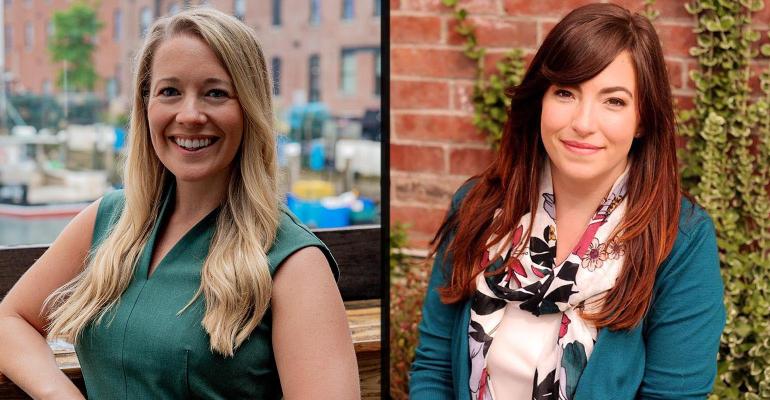Everyone has heard horror stories of founder buyouts gone wrong—disputes over valuation, seller’s remorse, eleventh-hour financing collapses, or pre-and post-sale surprises in the books—but with careful planning, an owner buyout can benefit all parties. Our team recently worked with clients whose owner buyout was pretty textbook. Whether considering a buyout now or pondering succession planning, read on for a best-case scenario.
Mackenzie Parsons and Christina Traurig are financial planners and principals with Cornerstone Financial Planning. Their formula for success includes four elements:
- good long-term succession planning by the firm’s founders;
- buyers with the skills and temperament for business ownership;
- extensive research by the buyers; and
- a good match between the buyers and their lender.
Long-Term Succession Planning
Cornerstone’s owners (also the founders) started looking for their second-generation owners several years before they intended to sell. When the founders interviewed Parsons for a position as a financial planner in 2014—eight years before their planned departure—they had their eye on finding a potential successor.
In 2017, when Traurig was hired, the founders had the same thought process: look for second-generation owners. When she received her offer, the owners indicated there was an ownership opportunity in the future. As she puts it, that gave her a mental shift, going into the job and thinking, "I'm going to treat this as if I am the owner because I will be one day."
The founders further strengthened their succession plan by giving Parsons and Traurig managerial and ownership level responsibilities in 2018, four years before they planned to sell. Traurig took over compliance and investments, and Parsons took on accounting and human resources. This arrangement gave these two professionals invaluable hands-on experience running the business for about 3 1/2 years, working side-by-side with the founders to create a smooth transition.
Buyers Ready for Business Ownership—and Partnership
Even before that training period at Cornerstone, both Parsons and Traurig had several years of experience in large and small financial services firms. They worked with compliance requirements, human resource issues, management, collecting fees and accounting, in addition to their client-facing efforts. With these experiences, both successors knew business ownership was the path they wanted to follow.
Parsons points out that “not everyone's cut out to be an owner and to work well together.” That reality put a lot of pressure on the selection of Traurig as a financial planner and presumed business partner. Fortunately, everyone in the process—the owners, Parsons and Traurig—“just clicked,” according to Parsons.
Extensive Research
Parsons and Traurig spent at least two years talking with other RIAs to learn how they structured their buyouts and financing. They eventually enlisted the help of Brandon Kawal of Advisor Growth Strategies, who encouraged them to seek outside funding. They also worked with their accountants and attorneys, but both say they would have brought those professionals in even earlier than they did.
Good Match with a Lender
Traurig and Parsons decided to go with a 100% buyout rather than buying in tranches. Because they were each first-time homebuyers working to max out retirement plans (as they advise their clients to do), neither had “huge sums of money” available. That point was vital as they talked with many different lenders because some required large bank balances or liens against their homes. They took the time to compare requirements from many lenders and decided on one that made them both feel comfortable.
They got to know their lender for two years, and there was mutual respect. The lender was reassured that the business would be in good hands after the sale based on the buyers’ collective experience and strength of the business. Traurig and Parsons appreciated that the lender encouraged a risk alignment by having the founders hold a seller note. In the deal structure, the founders delayed repayment on their note for a year, giving the new owners time to get established in new roles before starting repayment.
Final Tips
Well-thought-out planning by both the sellers and the buyers, well ahead of the buyout date, played a key role in the success of this transaction. If buying in with a partner, being able to work together is vital to building a trusted relationship. Choosing a lender who will work with the buyers’ situation can make business ownership a reality, even if the buyers don’t have much ready capital.
Alicia Chandler is president of Indianapolis-based Oak Street Funding, a First Financial Bank company, with customized loan products and services for specialty lines of business including certified public accountants, registered investment advisors and insurance agents nationwide.





